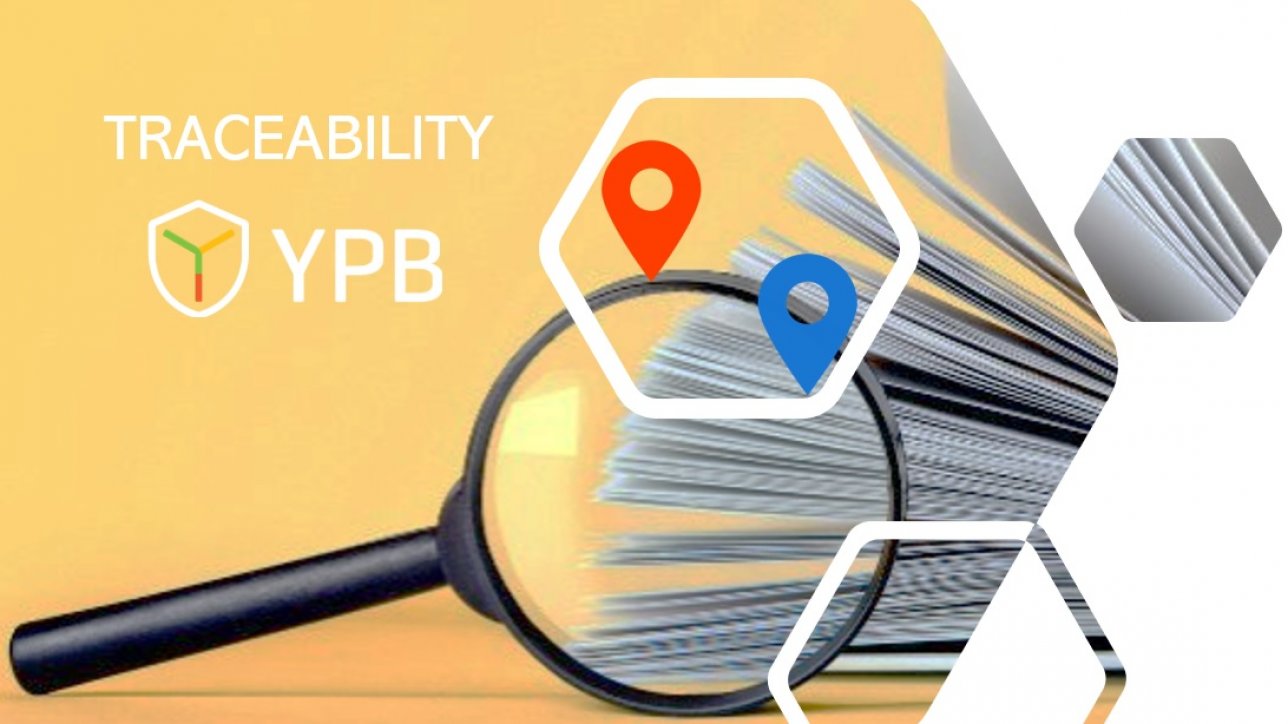Consumers seeking sustainable products are no longer a niche category, and with the demand for full transparency closely linked to this rise in ‘conscious consumerism’, brands need to find new ways to build trust in an increasingly uncertain world.
Even before the arrival of COVID-19, there was a crisis of trust brewing between companies and consumers. According to a November 2018 Futerra report, The Honest Product, 74 per cent of shoppers seek information and verification of authenticity on the internet, from online reviews, activist websites and social media call outs, rather than information provided by brands themselves.
Part of this is due to an information void left by companies that still cling to outdated notions of secrecy, and a belief in continuing consumer loyalty created over decades of being in business. But, a much bigger part of eroding trust in brands is due to the increase of consumer concerns about the social, health, environmental and safety impacts of the products they buy – often pulled together under the umbrella term of ‘sustainability’.
The data on this shift is no longer in dispute. In January this year, after surveying 19,000 people in 28 countries, IBM released a consumer research report revealing that nearly 60 per cent of consumers were willing to change their shopping habits to reduce negative environmental impact.
Even more surprising for consumer and retail experts was that for the first time there was an even split between value-driven consumers (41 per cent), who are concerned about price and convenience, and purpose-driven consumers (40 per cent), who choose products and brands that align with their personal values and lifestyle. The food and beverage sector has the highest percentage of purpose-driven consumers (44 per cent), followed by personal care and beauty (40 per cent), furniture and home (38 per cent) and apparel and footwear (35 per cent).
This shift is also reflected in business itself. According to the IBM study, since 2014, global sustainable and environmentally responsible investment is up 68 per cent and is now worth US $30 trillion. But how does this interest in sustainability translate into traceability along the supply chain?
The transparent future
For the growing segment of purpose-driven and conscious consumers, sustainability and transparency go hand in hand. Being able to quickly and easily authenticate a brand’s sustainability claims, and confirm provenance of a product, not only establishes consumer trust, but increases profit. According to the IBM report, 71 per cent of those surveyed who indicated that traceability is very important to them are willing to pay a premium for brands that provide it, and in the Futerra report 94 per cent of consumers stated they are likely to be loyal to a brand that offers complete transparency.
But where consumers authenticate a product is just as important as the information provided. Most companies who engage in ‘omnicommerce’ or an ‘omni-channel’ sales approach are significantly invested in providing a seamless customer experience across all channels, whether it be in-store, on their website, in advertising, or on social media. But, what is often forgotten is the product itself.
According to the Futerra report, 70 per cent of global consumers are most interested in hearing about the social, health, environmental and safety impacts of the products they buy, rather than the company that makes them (30 per cent), and the number one place consumers are most likely to look for that information is on product labels (36 per cent), followed by the company website (27 per cent) and advertising (13 per cent).
Alarmingly, while 55 per cent of consumers want more information and transparency about the products they buy, 86 per cent of business leaders believe they are already doing enough to be transparent. So, what can brands do to increase traceability, transparency and consumer trust in 2020?
Authenticity triggers engagement
YPB has developed world-leading and patented authentication and verification technologies that can be tailored to meet the specific needs of any brand. These technologies can be seamlessly integrated into product labelling, or even products themselves, so with the scan of any smartphone the consumer receives instant authentication of your product.
Better yet, any YPB brand protection solution can be linked to our Connect Platform. So, when your consumers confirm authenticity using their smartphones you can trigger one-on-one engagement. Share the provenance of your product, the story of its maker, and the multiple ways your product is sustainable and safe – all within seconds.
Build trust, authenticate your sustainability credentials, and engage your consumers in 2020 with YPB brand protection solutions – contact us today to learn more.

